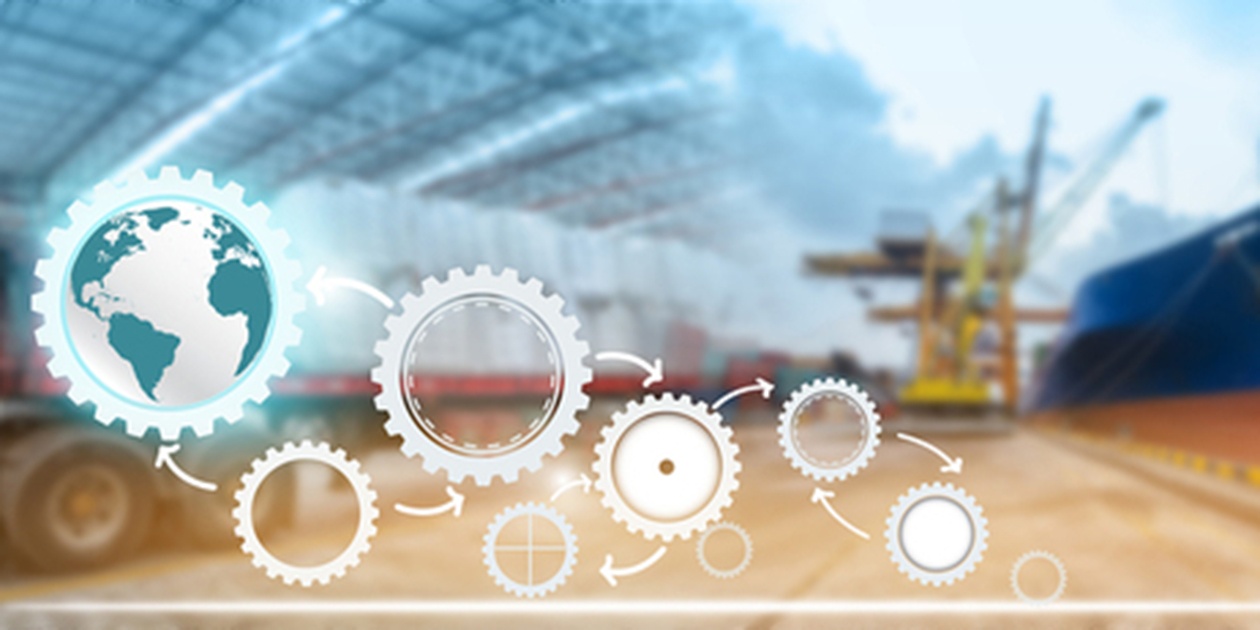
Artificial intelligence is no longer the stuff of science fiction movies. It is rapidly becoming a fixture in the business technology landscape because it makes processes more efficient and cost-effective.
The supply chain can now leverage AI to streamline its management. Read on to learn about the revolutionary impact this technology is having on the supply chain and how to harness its power within your organization.
Smart Automation
Consider this real-life example that illustrates the effect of AI on the supply chain.
The German conglomerate Siemens has implemented an automation system combined with AI technology at one of its plants. Some of this factory’s production line can actually run for weeks at a time without the need for human supervision. Industry analysts speculate that if Siemens also brought in self-driving cars to transport goods to another automated factory, there would not be a necessity for human involvement at all.
Optimizing the Supply Chain
There is another real-life example of how AI has been utilized to streamline the supply chain. IBM has harnessed this technology to gain insight into risk and increase visibility into the supply chain.
IBM’s Watson Supply Chain a system that tracks and predicts supply chain disruptors. It does this by gathering correlating external data from various sources such as social media, weather forecasts, and historical data. With this information, a company can make better decisions about its suppliers and merchandise.
Smart Sensors
Smart sensors are another application of AI that has become a popular fixture within the supply chain. TransVoyant’s sensors utilize machine learning, which means that they learn how to draw conclusions from statistical analysis without being explicitly programmed to do so.
The software maker’s predictive logistics solution can collect and analyze up to one trillion events from satellites, sensors, radar, video cameras, and smartphones so it can track shipments in real time and estimate their arrival date. TransVoyant’s algorithm factors in weather conditions, natural disasters, and port congestion to provide the most accurate calculations possible.
Integrated Data Systems: A Crucial Component to Implement AI in the Supply Chain
In order for AI solutions to truly benefit the supply chain, integrated data systems are a must.
AI relies upon a great deal of data. If you have information sitting in silos across your company, your AI solution will not be able to access that data in order to gain valuable insights and make your processes more efficient.
Moreover, AI solutions generate information. Take the smart sensors mentioned earlier. They accept a massive flow of data on a daily basis, and that information needs someplace to go where other systems can analyze it quickly and easily. Integrated data systems are the answer to that problem; they ensure that the information goes where it needs to so your processes can become more efficient and profitable.
AI has already begun to streamline the supply chain, and as the technology matures further, it will become further entrenched. Integrated data systems are crucial to realizing the benefits of AI technology. To learn more about integrated systems and how to achieve integration maturity, contact us.


